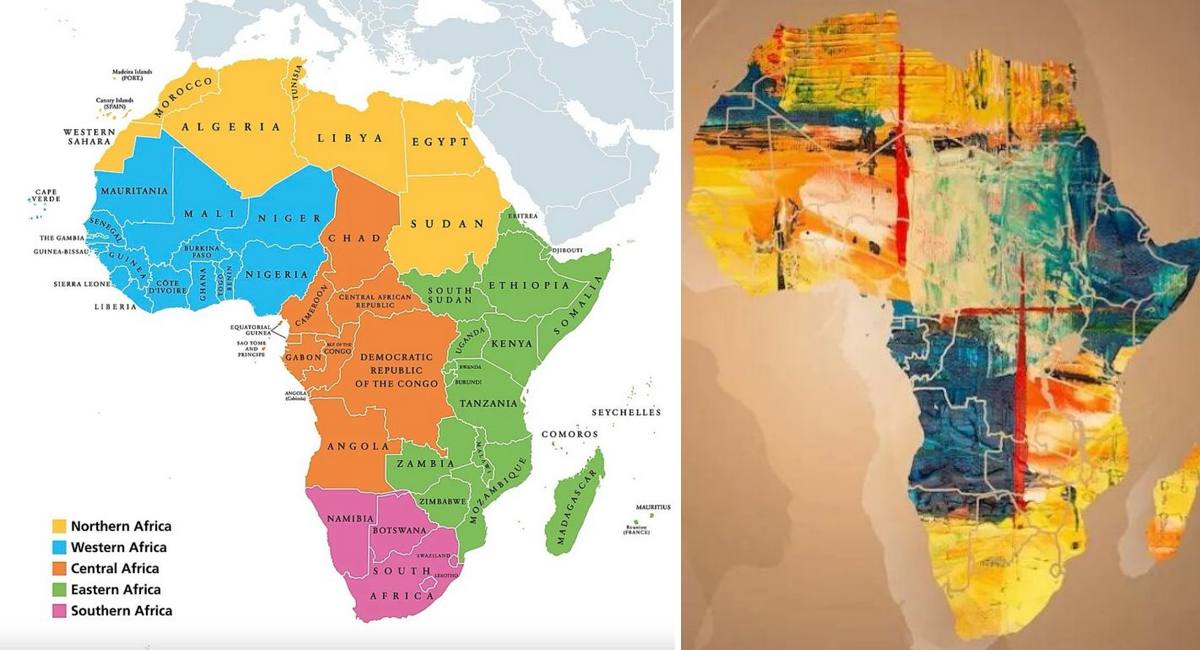A major study has confirmed that Africa is indeed splitting apart — a geological process that will take millions of years but ultimately reshape the continent and form a brand-new ocean.
Africa is slowly breaking into two large landmasses. Although the final stage will occur only in 5–10 million years, the process is already underway, scientists from the University of Kiel report. After analysing magnetic data, researchers found strong evidence that the geological separation between Africa and Arabia began tens of millions of years ago.
Once connected like two pieces of a puzzle, the landmasses have been drifting apart. The rifting zone spreads from the northeast of the continent toward the south and is accompanied by volcanic and seismic activity.
At the end of the process, Africa will consist of two separate blocks.
The western block, the larger one, will include Egypt, Algeria, Nigeria, Ghana, Namibia and most other African countries.
The eastern block, smaller in size, will include Somalia, Kenya, Tanzania, Mozambique and a significant part of Ethiopia.
Professor Peter Styles explains: “These findings offer a unique glimpse into the ongoing changes happening beneath our feet — changes that will eventually transform the map of the world.”
The phenomenon is rooted in plate tectonics. Throughout Earth’s history, continents have merged and split apart multiple times. In the current cycle, the East African Rift — a massive fracture stretching about 6,400 kilometres — plays the key role. Scientists believe that the new ocean will eventually form along this rift.
Researchers re-examined magnetic readings collected in 1968–1969 using modern technology. They discovered ancient ocean-floor spreading stripes — a clear sign that the separation process began millions of years ago.
The rift is widening extremely slowly: between 5 and 16 millimetres per year. Dr Emma Watts from Swansea University notes that the full breakup will take several million more years.
DIP explains: coastal resorts may face risks much sooner
While Africa’s split is a distant future, many famous holiday destinations face a far closer threat — rising sea levels caused by global warming.
Among the most vulnerable:
Venice (Italy) — struggling with regular flooding.
Miami (USA) — a low-lying city highly exposed to sea-level rise.
Bangkok (Thailand) — built on soft, sinking ground and prone to floods.
Alexandria (Egypt) — threatened by coastal erosion and rising water levels.
Rotterdam (Netherlands) — protected by dams, but not invulnerable.
The Maldives — could become uninhabitable or disappear entirely.
Scientists predict global sea levels may rise by 0.3–1 meter by the end of the century, leading to:
– destruction of housing and infrastructure;
– major economic losses;
– population displacement;
– ecological damage;
– loss of cultural heritage sites.

